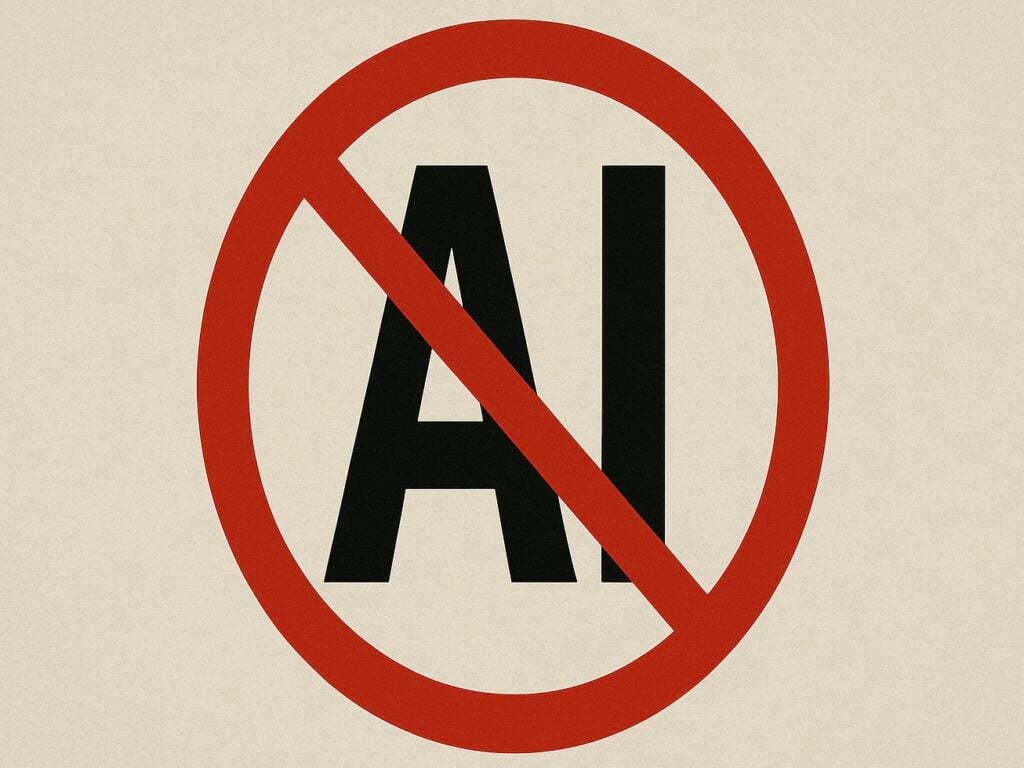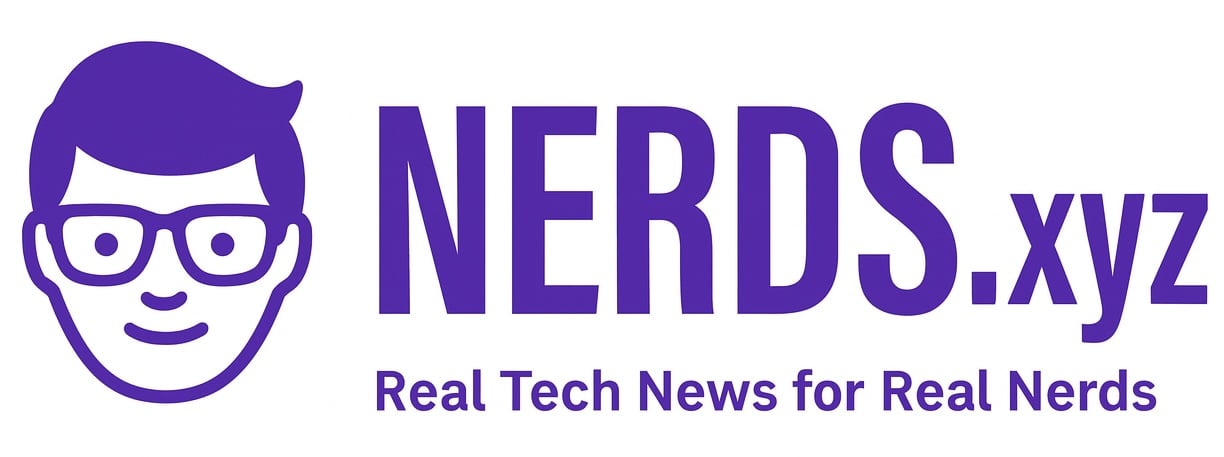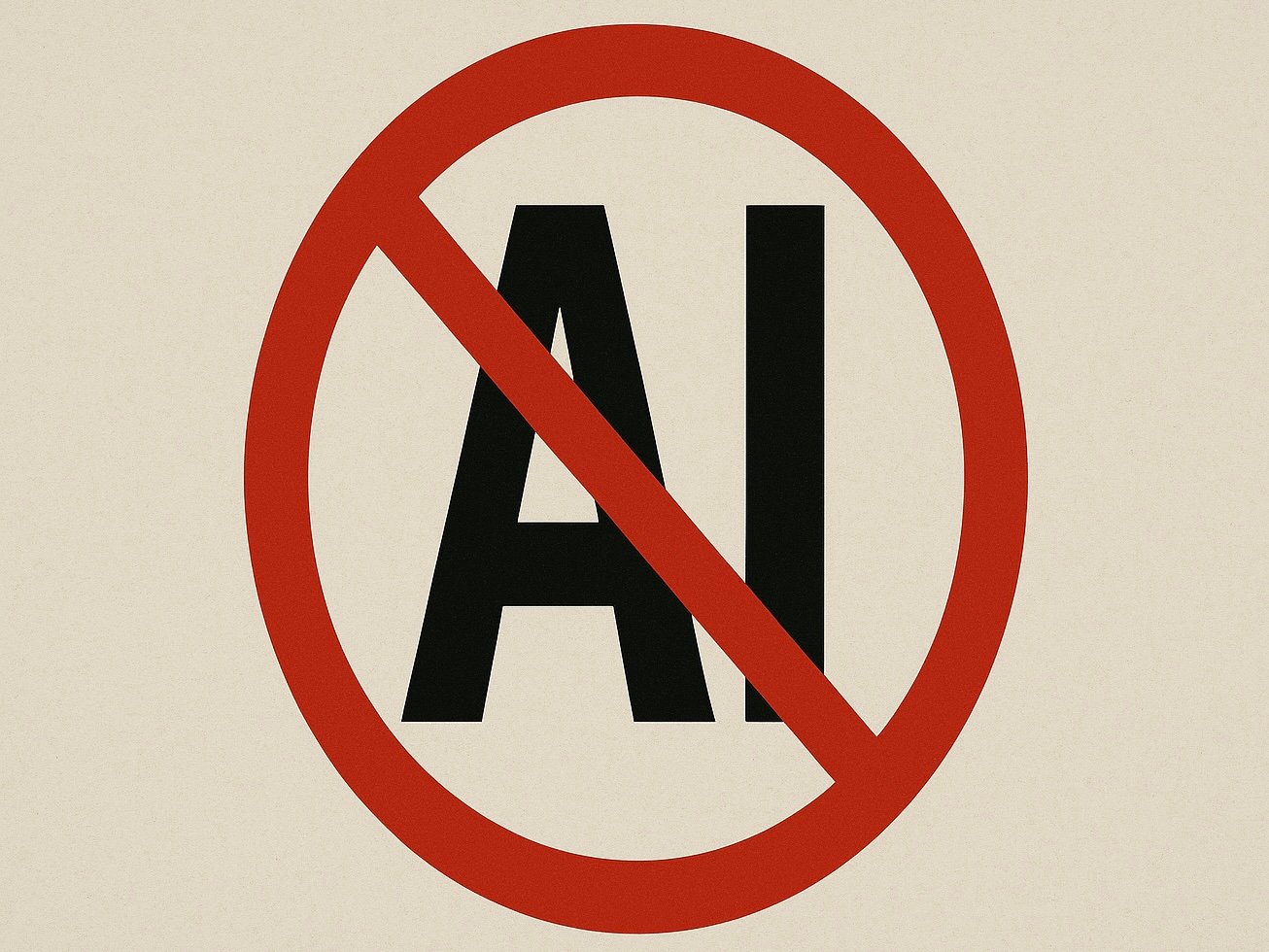
Browsing the web used to mean chasing ideas, clicking around, and making up your own mind. Vivaldi says that spirit is in danger, and it is drawing a line in the sand.
“Browsing should push you to explore, chase ideas, and make your own decisions. It should light up your brain. Vivaldi is taking a stand. We choose humans over hype, and we will not turn the joy of exploring into inactive spectatorship,” wrote CEO Jon von Tetzchner.
Across the industry, rivals are racing in the opposite direction. Google is adding Gemini into Chrome to summarize pages and eventually move through sites on a user’s behalf. Microsoft has gone so far as to call Edge an “AI browser,” with new modes that scan whatever is on screen and predict a user’s next action.
Vivaldi argues that these changes threaten the very nature of the web. “Just like society, the web moves forward when people think, compare, and discover for themselves. Vivaldi believes the act of browsing is an active one. It is about seeking, questioning, and making up your own mind,” said von Tetzchner.
Independent research suggests the concern is real. A recent Pew Research study found that users clicked traditional results about half as often when AI summaries were present. Publishers have warned of dramatic traffic losses when AI overviews are placed above links. With fewer clicks on original sources, creators, communities, and news sites risk being cut out entirely.
Von Tetzchner argues this is the real battle. “The next phase of the browser wars is not about tab speed, it is about who intermediates knowledge, who benefits from attention, who controls the pathway to information, and who gets to monetize you.”
That does not mean Vivaldi is opposed to AI altogether. “The field of machine learning in general remains an exciting one and may lead to features that are actually useful,” von Tetzchner admitted. But he drew a line around the current hype. “We will not use an LLM to add a chatbot, a summarization solution or a suggestion engine to fill up forms for you, until more rigorous ways to do those things are available.”
Instead, Vivaldi is sticking to its identity. “Vivaldi is the haven for people who still want to explore. We will continue building a browser for curious minds, power users, researchers, and anyone who values autonomy. If AI contributes to that goal without stealing intellectual property, compromising privacy or the open web, we will use it. If it turns people into passive consumers, we will not.”
The message is simple. Vivaldi will not follow Chrome and Edge into AI-driven shortcuts. “Our focus is on building a powerful personal and private browser for you to explore the web on your own terms. We will not turn exploration into passive consumption. We’re fighting for a better web.”
Whether that fight is brave or foolish will be decided by users.


